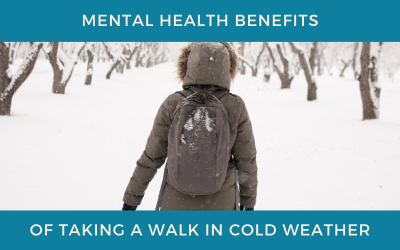Even in the face of a pandemic as severe as the Coronavirus, people are bound to feel stressed, which can adversely affect their health. You can improve your health in many ways by using practical stress management techniques and stress relief techniques. Relaxation practices can improve your health in more ways than one.
Boosts Cardiovascular Health
Your heart and circulatory system are less stressed when you use relaxation techniques. The benefits of slowing your heart rate, lowering your blood pressure, and increasing circulation to your muscles and extremities include relieving pain and tension.
Improves Mental Health
Additionally, carving out space for practical stress management techniques every day can boost your mental health and provide a much-needed break from the chaos. Meditation has been shown to reduce depression, anxiety, and fatigue for individuals who use mindfulness techniques. As a result of mental health improvements, you may also find that your concentration and memory improve.
Increases Energy by Improving Sleep
The hormones released by stress also keep you awake because it prevents deep sleep. By reducing stress and incorporating sleep aids, you will be more rested and adopt a better sleep schedule, making it easier to ease anxious thoughts. The deeper and better you sleep, the more energy you have throughout the day.
Eases Breathing & Headache Disorders
Those who suffer from respiratory conditions benefit from regular relaxation through slower breathing rates and improved airflow to their lungs, reducing the strain on their lungs. Studies have also shown that it relieves chronic headaches and migraines, reducing how severe they are and how often you get them.
Dealing with mega challenges like all the chaotic changes in our lives due to COVID-19 requires a shift in mindset and can be dramatically helped by practicing mindfulness. Mindfulness’s cornerstone of personal development refers to engaging completely with your surroundings and, subsequently, being present in the moment. When you live in the now, you don’t think about the future. As a result, in turn, it provides the opportunity to identify your true feelings about what you are confronting and paves the way for personal growth and transitioning through the crisis.
How Do You Achieve Mindfulness?
Right now, there are probably a dozen or more stressors vying for your attention. So how do you focus on the present moment? The easiest way to center yourself when your mind starts racing is by breathing. That’s right: Achieving mindfulness is as easy as performing simple breathing exercises.
Start by taking a long, deep breath through your nose while keeping your shoulders relaxed. Let your abdomen expand as you inhale. Then, exhale slowly through your mouth, pursing your lips as you do. Repeat until your stress or anxiety starts to subside, and you’re able to focus on the present moment instead.
You can use simple breathing techniques to facilitate focus in virtually any scenario. If you want to take your mindfulness to the next level, set aside time every day to practice meditation. This mental exercise produces a clear and calm emotional state when performed correctly, thereby contributing to better attention and even more awareness.
What Are the Benefits of Mindfulness?
If you make an active effort to become more mindful in your everyday life, you’ll reap several benefits. For example, mindfulness has proven to reduce destructive emotions like stress and anxiety, especially in times of upheaval. It can also combat clinical depression and improve cognition.
Your mental health and emotional clarity aren’t all that will benefit from mindfulness. Research indicates mindful meditation can also contribute to physical health by boosting immunity. Consequently, you will be less likely to become infected or infected by the virus causing the current pandemic.
Stress Managed Well Preserves Your Heath
The Wellthy Mood journal was created by a therapist who is also a health and wellness coach. The safe approach that she designed was created to help you evaluate four specific areas of your life in order to balance out your mood and give practical techniques to manage stress.




